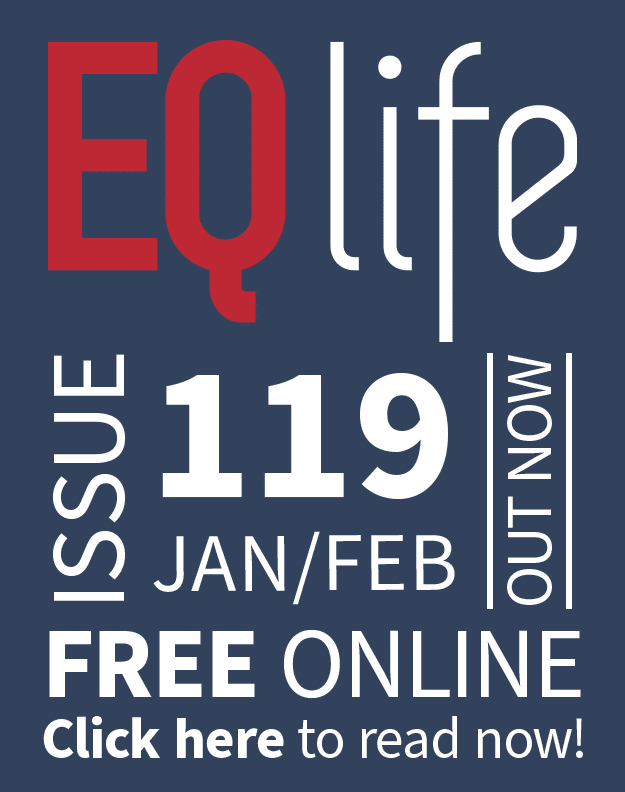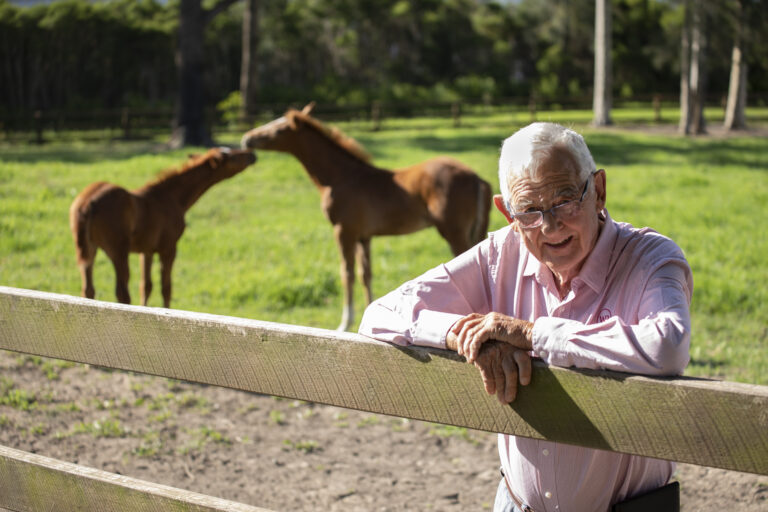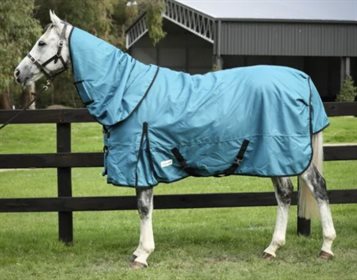Two great ways to add hemp into your horse’s ration
Several noteworthy academic studies on hemp’s potential as livestock feed have shown that it’s an ideal, complete protein alternative to traditional stockfeed sources. In the August issue of Equestrian Life magazine, the topic of hemp as a protein alternative for horses is discussed; here, we take a look at two great ways to include this innovative feed source in your horse’s diet.
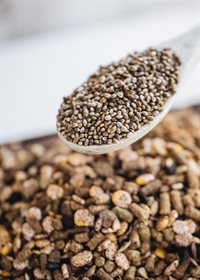
Several noteworthy academic studies on hemp seeds’ potential as livestock feed have shown that hemp is the ideal, complete protein alternative.
Hemp Hearts and Hulls:
Hemp hulls are the shell of the hemp seed that remains after the seed (heart) has been removed for processing. During the de-hulling process approximately 20% of the seed remains, resulting in a highly nutritious blend of hemp hearts and hulls. Hulls are an excellent source of fibre and essential amino acids, and due to the presence of part of the hemp hearts, provide the essential fatty acids Omega 3 and 6.
Why feed hemp hearts and hulls?
Hemp hearts and hulls are low in sugar and starch as well as containing useful levels of digestible fibre (almost 30%). Hearts and hulls can be fed to all classes of horses, including those with grain intolerances or metabolic issues. Hemp hearts and hulls are an excellent source of high quality protein (20%), which supports muscle function, nutrient absorption, and other important body functions. Hemp hearts and hulls contain oil, mostly in the form of the essential fatty acids Omega 3 and 6, and also Omega 9.
Omega 3s have anti-inflammatory benefits which support joint and immune system function. The typical feeding rate is ½-2 cups per day dependant on the horse’s condition and energy requirements.
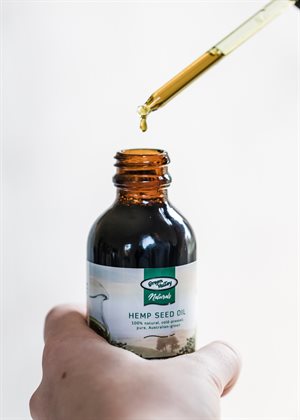
Green Valley Naturals hemp seed oil.
Hemp Seed Oil:
Whole hemp seeds are used to create hemp seed oil, which naturally has slightly less than three times more Omega-6 than Omega-3 fatty acid. While this fatty acid profile of hemp seeds doesn’t match the higher Omega-3 content of flaxseeds, the hemp provides an Omega-6 fatty acid called gamma linolenic acid (GLA).
GLA is somewhat unique among Omega-6 fatty acids in that, unlike most Omega-6 fats, research shows it supports anti-inflammatory processes in other animals. It’s not found in flaxseed or other oils commonly fed to horses, whereas in hemp oil GLA makes up about 3% of the fat composition. Fat from hemp oil is about 76% polyunsaturated fatty acid (PUFA) as compared to flax oil, which is about 66% PUFA. Horses and small animals find hemp oil very palatable.
100% Australian, pure, cold-pressed hemp oil can be added to any ration for superior health and well-being; the recommended rate is 20-150ml per day, added on top of the feed. Hemp seed oil contains less than 0.3% THC.
You can find out more about the Green Valley Naturals range here.
This article was written in conjunction with Green Valley Naturals.
READ THE LATEST NEWS ARTICLES HERE






